Mark Stoops, Kentucky look to 'get on the same page' with evolving NIL landscape
Adapt or die. That is quite often the world in modern athletics as sports are always changing. The evolution of athletes to go along with the installation of analytics is helping change sports that are both played indoors and outside. However, college athletics is facing a different challenge.
Name, image, and likeness (NIL) have presented the opportunity for players in the NCAA to profit for the first time in the history of the organization. No longer is it illegal for a point guard, running back, or designated hitter to make a buck on the side while being on scholarship as a student-athlete. However, things are changing fast in this realm.
“I think early on there was a lot of questions — heck, I had questions. I still do. I’ve asked to meet with compliance and Mitch [Barnhart], and let’s get on the same page,” Mark Stoops told the media on Wednesday. “Let’s do what we can because what you’re seeing is some doing more than others. That’s obvious.”
Nearly everywhere you turn, NIL collectives are popping up throughout the SEC and other places involved in big-time college athletics. Spyre Sports is a Tennessee-based sports collective that is shooting to raise $25 million annually to help support football recruiting on Rocky Top. It is believed by some that recent Tennessee quarterback commit — Nico Iamaleava — pledged to Tennessee thanks to an $8 million payday from a collective. Elsewhere, third-party NIL collectives have recently popped up at multiple schools in power conferences. On3 has put together a list of those running throughout college sports.
Stoops recognizes that Kentucky must adjust to what is happening around them, but there is some concern.
“I think if you asked most coaches — I’m starting to see some SEC coaches and others — discussing all of our concerns on our players, guys that are here, we all are happy that they’re able to profit from their name, image, and likeness. They do a lot for us,” said Stoops. “With that, they should be able to earn some money. I think we all are a bit concerned about the ‘let’s just put a collective together with $10 million and buy recruits’. Let’s buy 25 free agents a year. Is that really what we got into this for? Or did we get into it to support the Chris Rodriguezes and others and guys that have done so much for us.
“Or is it let’s just get a collective and let’s get 15 wealthy boosters together, put it in a collective — which is legal. I want to make that clear to everyone that wants to put it in a collective that is totally legal. You’re just essentially putting that money in for futures. Much different than when people say ‘hey, I’m going to advertise for the Masters next year or the Super Bowl next year’. You don’t know who’s going to be in it, but you’re allowed to put that in there. That is totally legal. Whether I want that or not — whether our administration wants that or not — that’s not our choice. It’s legal.”
Alabama, Auburn, Florida, Georgia, Kentucky, Missouri, South Carolina, and Tennessee were universities listed in On3’s report regarding agencies developing that are helping support student-athletes with NIL at those respective institutions. However, not all schools are on a level playing field.
“I think you see some universities and some SEC schools taking full advantage of that. And you see others that are not because there’s only so much money to go around,” said Stoops. “Where are you going to put that money? And all those things.”
“It’s changing the landscape and anytime you make drastic changes like that there are certainly some unintended consequences that come with these decisions. Again, I think it’s a positive, but I’d like to see some federal help or some federal legislation on the total pay-for-play that’s going on right now. That was supposed to be illegal. But it’s certainly not being enforced.”
To say the NCAA is toothless at this moment would be putting it lightly. Louisville is still awaiting its punishment for the Southern District of New York case regarding payments made to Brian Bowen. Bowen was a freshman during the 2017-18 college basketball season. With NIL and the transfer portal now taking over, the NCAA is far from an authoritative force on the issues.
In the SEC, we’ve seen Texas A&M head Jimbo Fisher get defensive fighting back against those claiming that the Aggies signed the No. 1 recruiting class in 2022 thanks to a potential slush fund that was available due to NIL. However, recent collectives have proven that something is there, and schools are taking advantage.
“It’s 100 percent happening out there,” said Stoops. “So what are we going to do about it?”
The ability to evolve is a must for any college football program. Things are changing at a rapid rate in the sport, and there will likely be more change on the way. Stoops and Kentucky know adaption is needed, but are confident that the program will get through whatever is next. However, alignment is needed.
“I’m always going to fight the fight,” said Stoops. “Whatever it is, we’re going to overcome it, we’re going to adapt, and we’re going to be successful at it. This piece — we need a lot of people to get on the same page with this.”
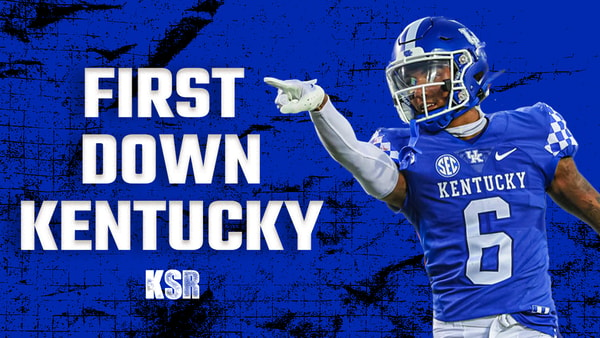
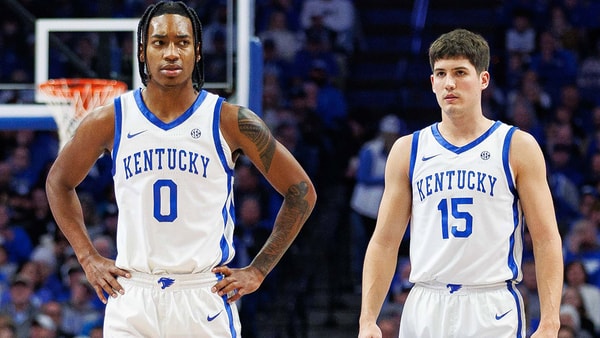
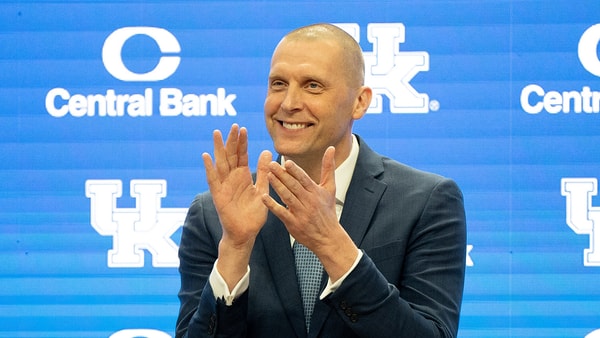
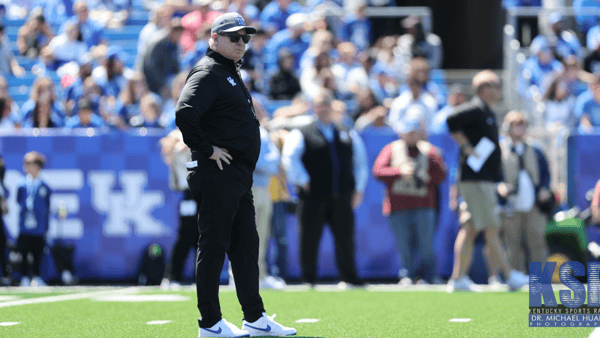
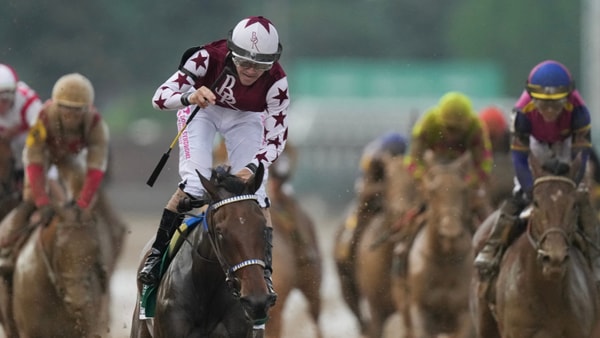
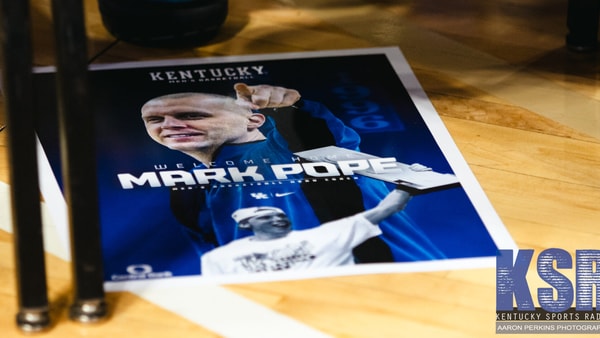
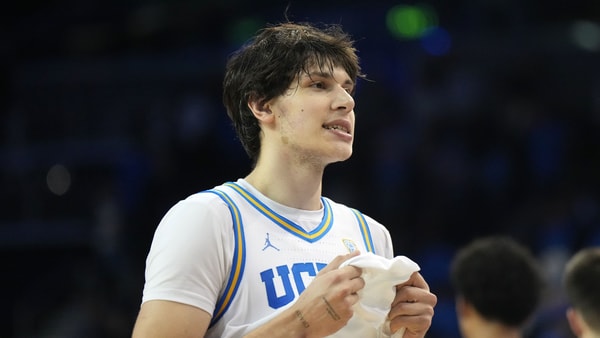

Discuss This Article
Comments have moved.
Join the conversation and talk about this article and all things Kentucky Sports in the new KSR Message Board.
KSBoard